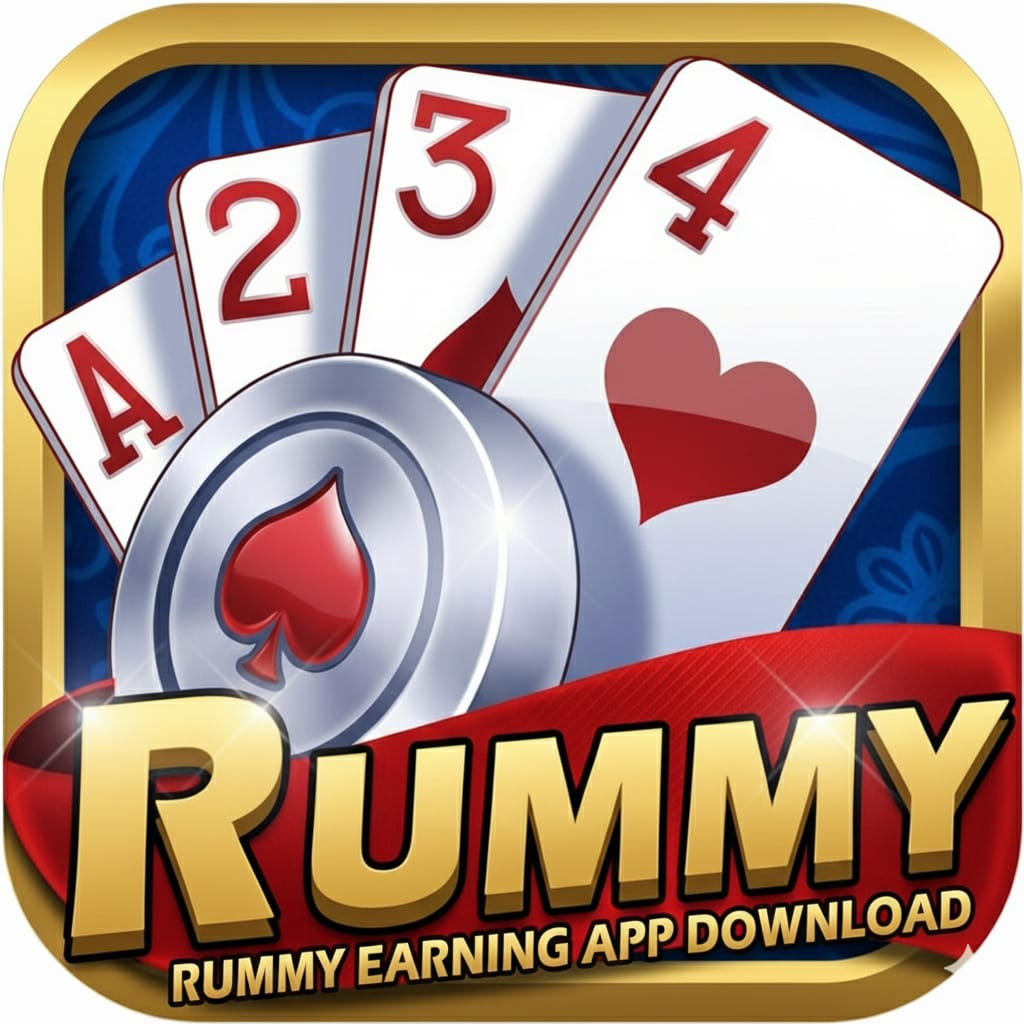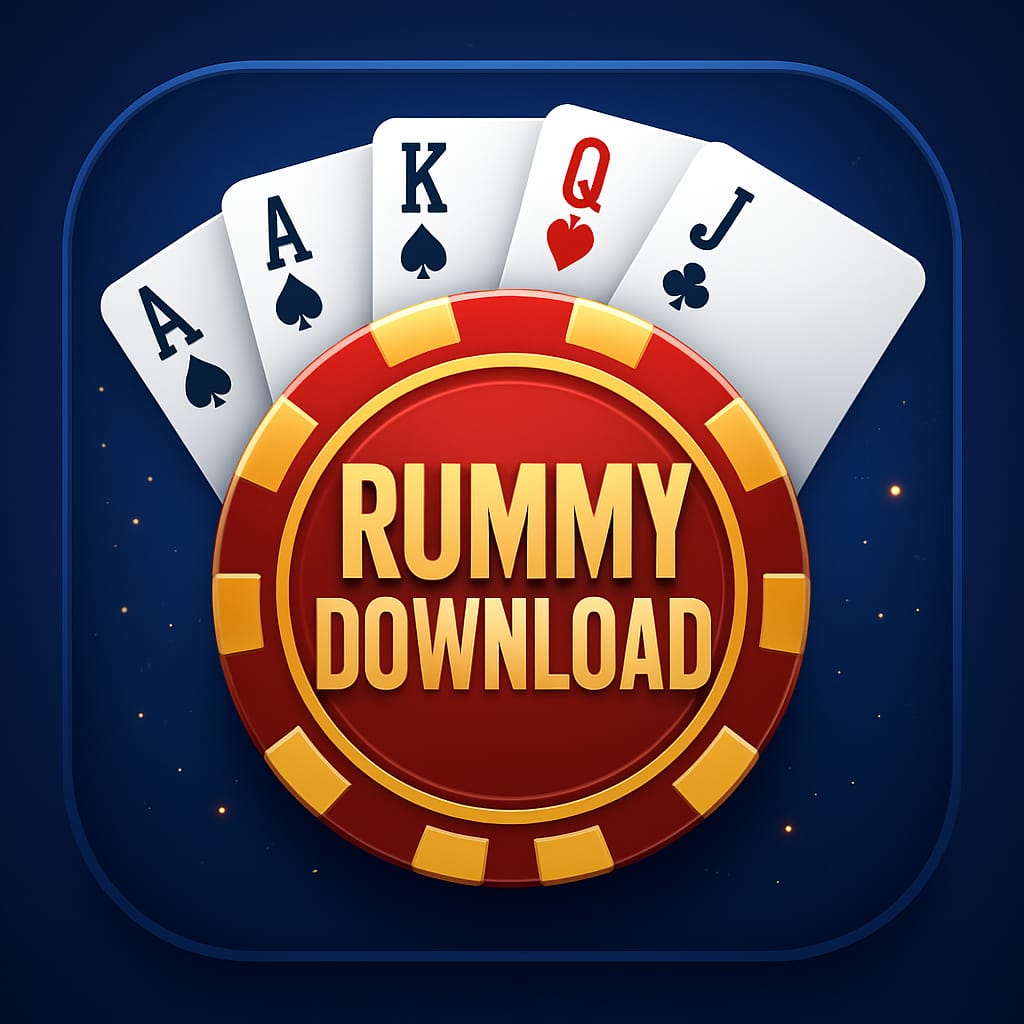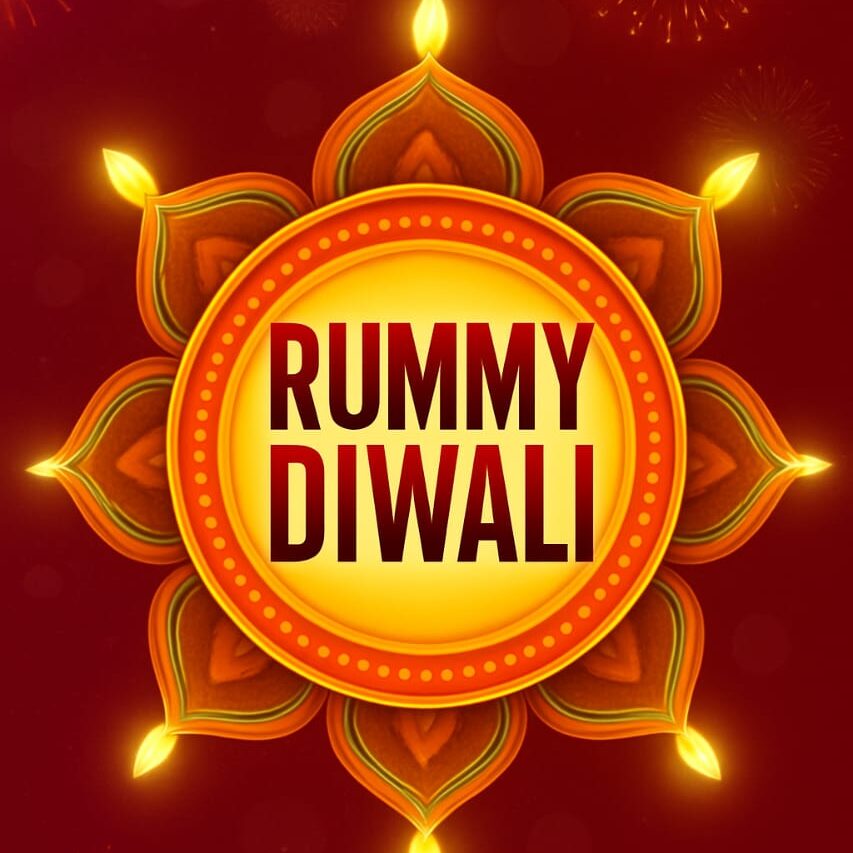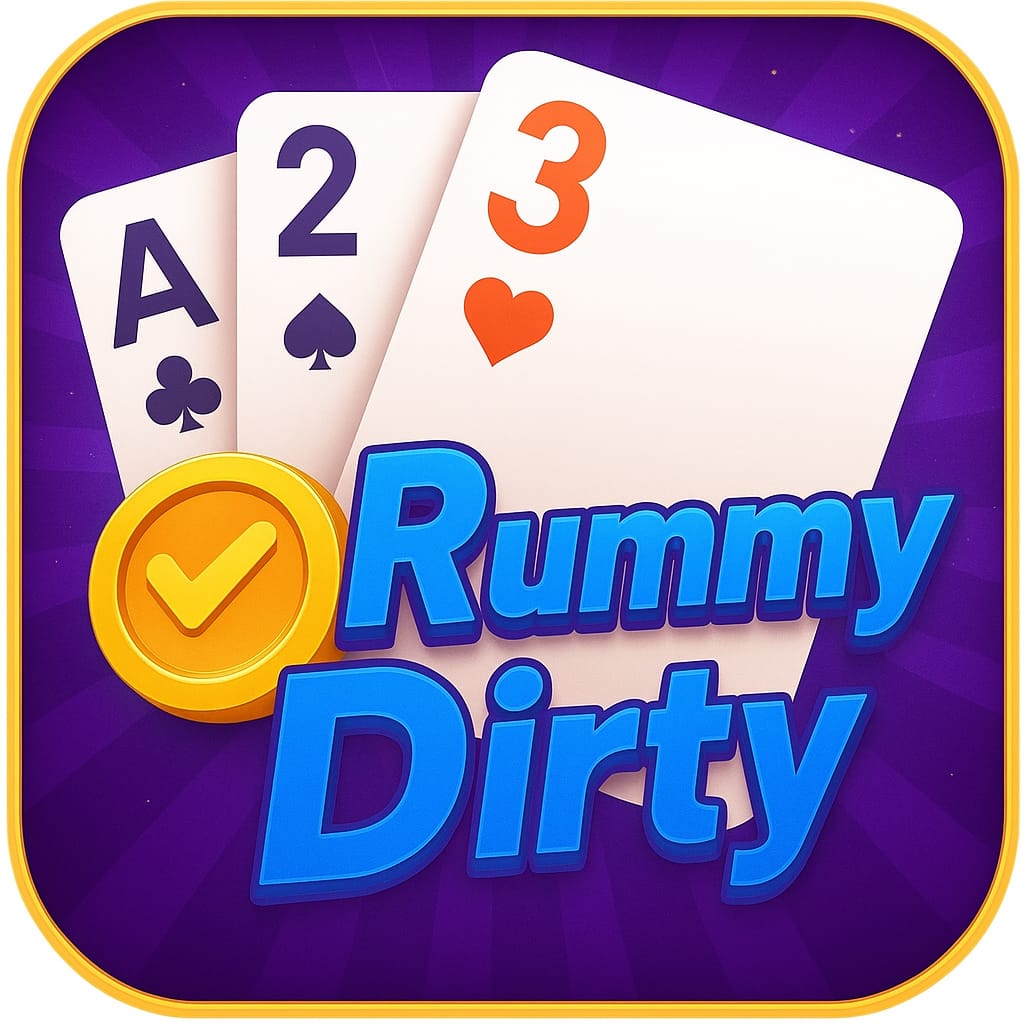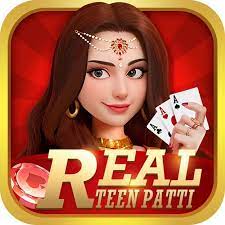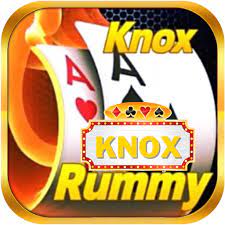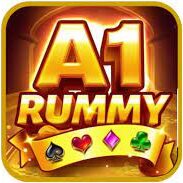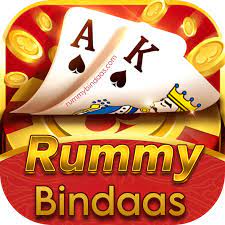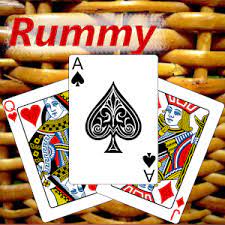Rummy 13 Cards Rules: A Complete Guide to the Classic Indian Rummy Game
Rummy 13 Cards, often referred to as Indian Rummy, is one of the most popular variants of the Rummy card game. Played across households, social gatherings, and online platforms, this version is a perfect blend of strategy, memory, and skill. If you’re new to the game or need a refresher, this article covers the official rules and gameplay of 13 Cards Rummy in a clear and easy-to-understand way. Also Download Happy Teen Patti
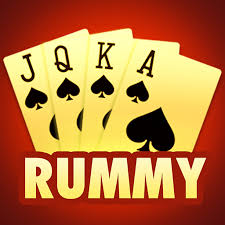
—
Objective of the Game
The primary objective in 13 Cards Rummy is to arrange all 13 cards in valid sets and sequences, and make a valid declaration before your opponents.
A valid declaration requires:
At least two sequences, and
At least one pure sequence (a sequence without any joker),
The remaining cards can be sequences or sets.
—
Players and Deck
Players: 2 to 6 players.
Deck: Two standard 52-card decks are used, including jokers (total 104 cards + 4 printed jokers).
Jokers:
Printed Jokers are already in the deck.
Wild Joker is randomly selected after dealing. All cards of that rank (regardless of suit) become jokers.
—
Card Values
Number cards carry face value (2 to 10 = 2 to 10 points).
Face cards (J, Q, K, A) = 10 points each.
Jokers = 0 points.
—
Dealing the Cards
Each player is dealt 13 cards.
A card is picked randomly to act as the wild joker.
One card is placed face-up to start the discard pile.
The rest form the closed deck (draw pile).
—
How to Play
1. Turn Structure:
Draw one card from either the closed deck or open discard pile.
Discard one card into the open pile.
2. Melding Cards:
Form sequences (consecutive cards of the same suit) and sets (same rank cards of different suits).
You must have at least one pure sequence.
3. Declaring:
Once all cards are arranged in valid combinations, declare your hand.
Show your cards for verification.
—
Types of Valid Combinations
Pure Sequence: A sequence without any joker.
Example: 4♦, 5♦, 6♦
Impure Sequence: A sequence formed using one or more jokers.
Example: 9♣, 10♣, Joker
Set: Three or four cards of the same rank in different suits.
Example: 7♦, 7♠, 7♥
Important Rule: A valid hand must include at least one pure sequence and at least one more sequence (pure or impure).
—
Scoring System
Winner: Gets 0 points for a valid declaration.
Losers: Points are added based on unmatched cards.
Face cards and Aces = 10 points each.
Number cards = face value.
Jokers = 0 points.
The maximum points a player can get in a round is usually 80.
—
Winning the Game
In Points Rummy, the player with the lowest score wins.
In Deals Rummy, the game is played over a fixed number of deals, and the player with the highest total points wins.
In Pool Rummy, players are eliminated as they cross a certain point threshold (101 or 201), and the last remaining player wins.
—
Quick Tips to Win
Focus on creating a pure sequence early.
Discard high-point cards (like K, Q, J, A) if they’re not part of a sequence.
Use jokers wisely — only in impure sequences or sets.
Keep an eye on opponents’ discards and picks to guess their hand.
—
Conclusion
Rummy 13 Cards is a fun and engaging game that combines luck with skill and observation. With its simple rules and strategic gameplay, it appeals to players of all levels. Whether you’re playing casually at home or competitively online, knowing the rules of 13 Cards Rummy gives you the foundation to enjoy and win.
Want help learning strategies or online platforms to practice on? I’ve got you covered. Also Download Rummy Best


